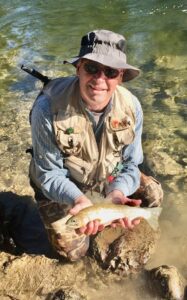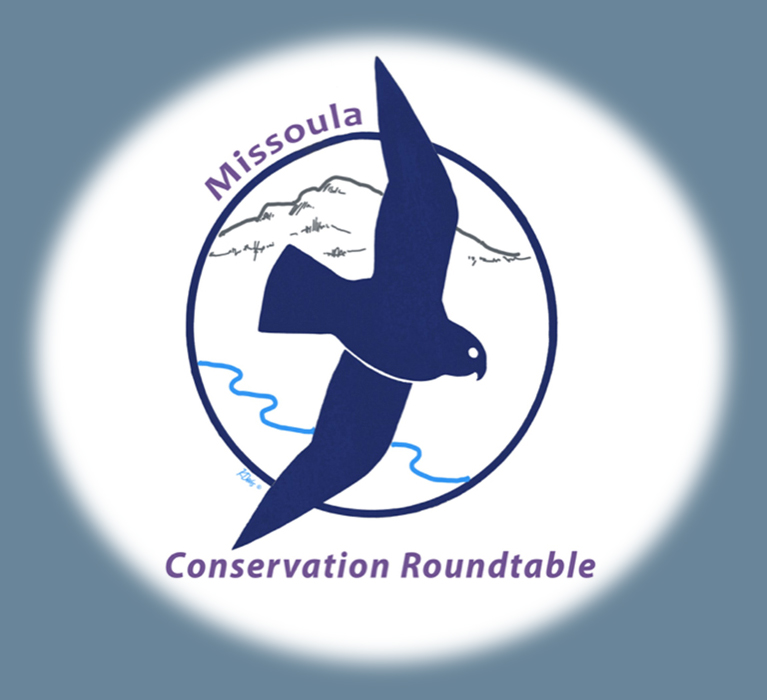
Always curious to see more of the world, Denny left his Iowa home in 1959 at age 17. After some time working in private business, he decided to pursue his dream of becoming a forest ranger. He graduated from Utah State in 1966 with a Bachelor’s degree in fish and wildlife management, then spent two years in the Army as a hospital laboratory technician. There he met and married his life partner Karen. After the army, they moved in 1968 to Montana where Denny earned a graduate degree in fish and wildlife management at Montana State University.
With that degree, Denny happily joined the Montana Fish & Game Department in 1971 as a fisheries biologist and moved his family to Livingston to serve as the Upper Yellowstone fisheries biologist. After 5 years in Yellowstone country, he concluded the job was more about struggling with competing interests over aquatic resources than about managing fish and fishermen. He then served a few years in Great Falls as Region 2 Parks Manager. In 1978, he moved to Missoula to serve as Region 2 Fisheries Manager.
In Missoula, he supervised field biologists and represented Fish, Wildlife and Parks at 3 of the region’s 4 conservation districts, administering Montana’s Stream Protection Act (310 law) and the federal 124 permit law. Attending many meetings and stream project inspections, he became well acquainted with the region and its people.
These project inspections revealed the need for a less disruptive alternative to bulldozed gravel berms in streams to divert water for irrigation. Denny invented a steel irrigation diversion plate which was pressed into the streambed by a tractor. These structures worked well in small to medium streams in the Bitterroot, Little Blackfoot, and Clark Fork drainages.
In 1983, Denny attended a Department of Natural Resources and Conservation meeting in Butte to discuss a proposed heap-leach gold mine in German Gulch — the Beal Mountain mine. He could see that the mining company would get their permits, and there would be another costly, toxic mess in the Clark Fork River headwaters. He returned to Missoula, gathered fellow conservationists to discuss this and other pressing issues in the Clark Fork drainage, and from those discussions, the Clark Fork Coalition was born in 1987. Denny gathered support for the group up and down the river from Deer Lodge to Sand Point, Idaho. He spent 10 years on the Coalition’s board of directors and felt his efforts to nurture this outstanding conservation organization was one of his greatest gifts to the people and ecosystems of western Montana.
In 1995 Denny received the first Arnold Bolle Award ever awarded. He retired in 1997, and the Beal Mountain mine closed in 1999, leaving behind the expected costly, toxic mess for taxpayers to clean up and manage. Thanks to Denny and others, a strong conservation community exists to advocate for better management of such sites and to work to prevent more.
By Dennis Workman and Vicki Watson
The Missoula Conservation Roundtable gratefully acknowledges generous contributions to our website design. Our logo was created by Kate Davis, Raptors of the Rockies; Brian Christianson contributed the photographs for page headers Brian Christianson Photography
Website created by Irestone Web Design
